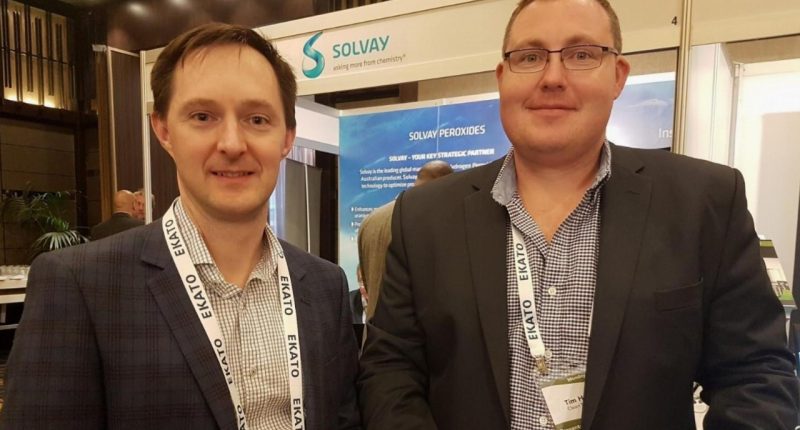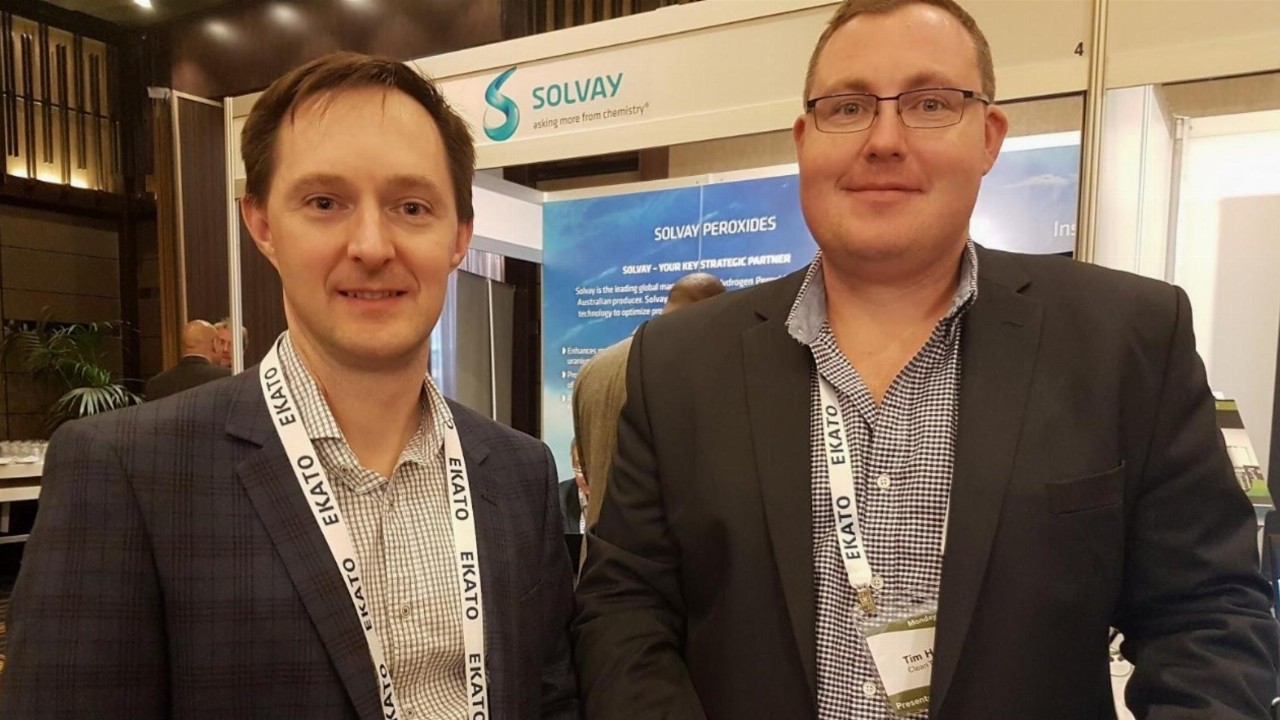- Ionic Rare Earths (IXR) has completed the scoping study for Makuutu, which it says demonstrates the potential to develop a sustainable, long-life, critical and heavy rare earth supply
- The study considered an open-pit mine and heap leach operation at the company’s majority-owned rare earth project in Uganda
- The base case assumes an 11-year life of mine (LOM) and production of around 800 tonnes per annum (tpa) rare earth oxide equivalent in year one, ramping up to 3800 tpa in year 11
- The operation would have a payback period of around five years from the beginning of production and over its life generate more than $1 billion in post-tax free cash flow
- The study also highlighted the potential to extend the LOM, given the study was only used a portion of the mineral resource and work is planned to upgrade the resource
- IonicRE has dipped 10.6 per cent and been trading at 4.2 cents at 10:45 am AEST
Ionic Rare Earths (IXR) has completed the scoping study for Makuutu, which it says demonstrates the potential to develop a sustainable, long-life, critical and heavy rare earth supply.
The study considered an open-pit mine and a modular heap leach operation at the company’s 51-per-cent-owned rare earth project located 120 kilometres from Kampala in Uganda.
The base case assumes an 11-year life of mine (LOM), and production of around 800 tonnes per annum (tpa) rare earth oxide equivalent in year one and ramping up to 3800 tpa in year 11 as more modules are added.
The operation would deliver EBITDA of $1.71 billion and generate more than $1 billion in post-tax free cash flow over its LOM, and has a post-tax net present value of $428 million.
To get operations up and running at Makuutu would cost around $114 million. The module two expansion would come at around $51 million. The addition of the remaining three modules would cost $220 million and be funded by project cash.
“We see this project as technically and financially robust and eminently financeable, and the company has received strong expressions of interest from strategic parties interested in accessing Makuutu’s unique basket composition that contains approximately 70 to 75 per cent critical and heavy rare earths,” said Managing Director Tim Harrison.
“The style of the deposit should deliver a high margin asset, driven by the near-surface, efficient open pit mining and simple heap leach processing methods. The low capital requirements and simplicity is a clear attribute of the ionic adsorption clay mineralisation.”
The study also highlighted upside potential, noting the base case only used a portion of the mineral resource and further resource upgrades could extend the LOM.
IonicRE has begun working on the bankable feasibility study, which it expects to deliver in the third quarter of 2022.
“The completion of the BFS will increase our ownership to a 60 per cent project interest. IonicRE also has the right to negotiate and purchase the final 40 per cent ownership if mutually agreeable,” explained Tim.
IonicRE has dipped 10.6 per cent and been trading at 4.2 cents at 10:45 am AEST.







